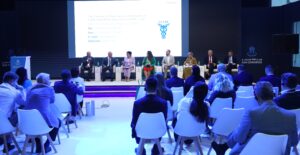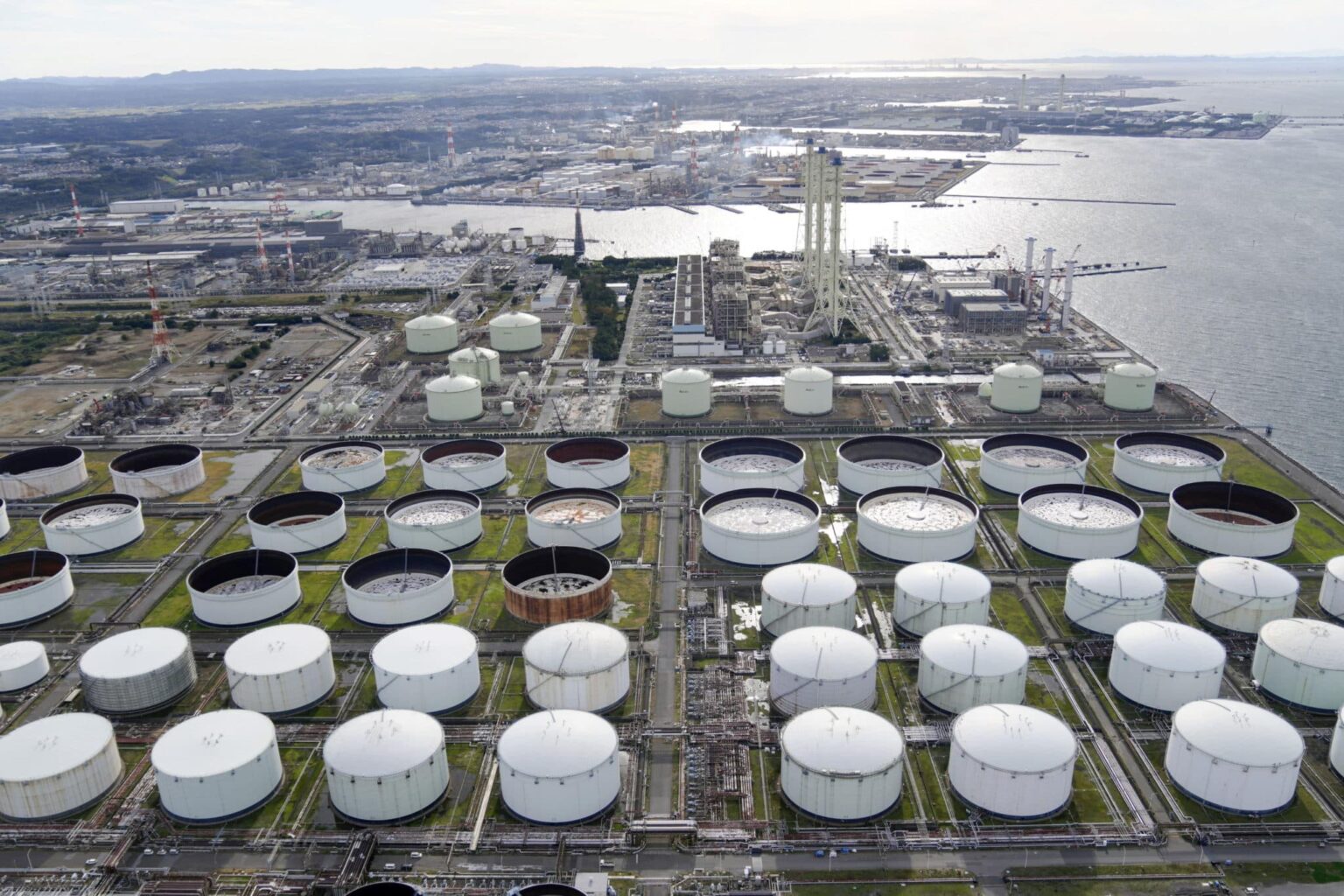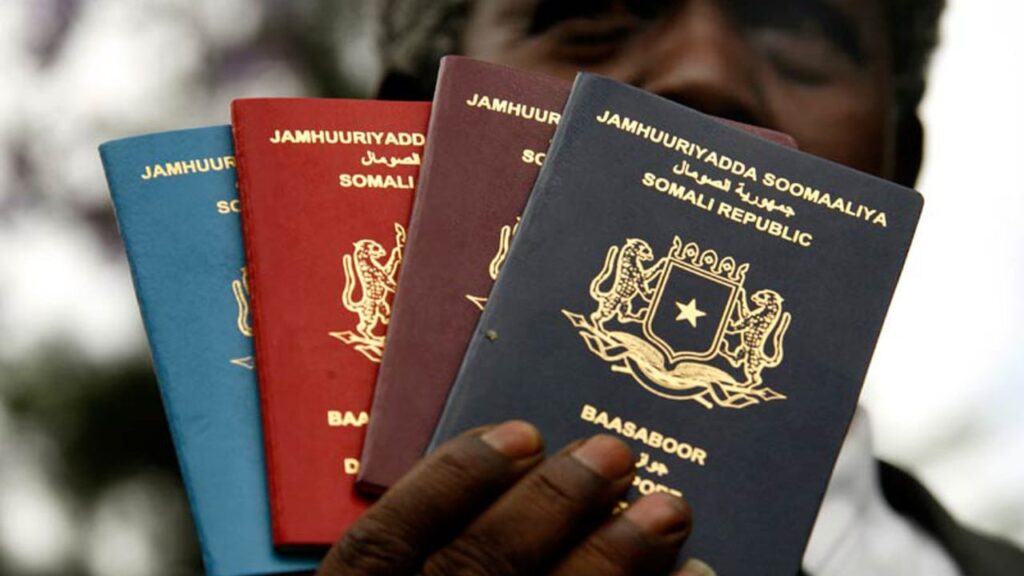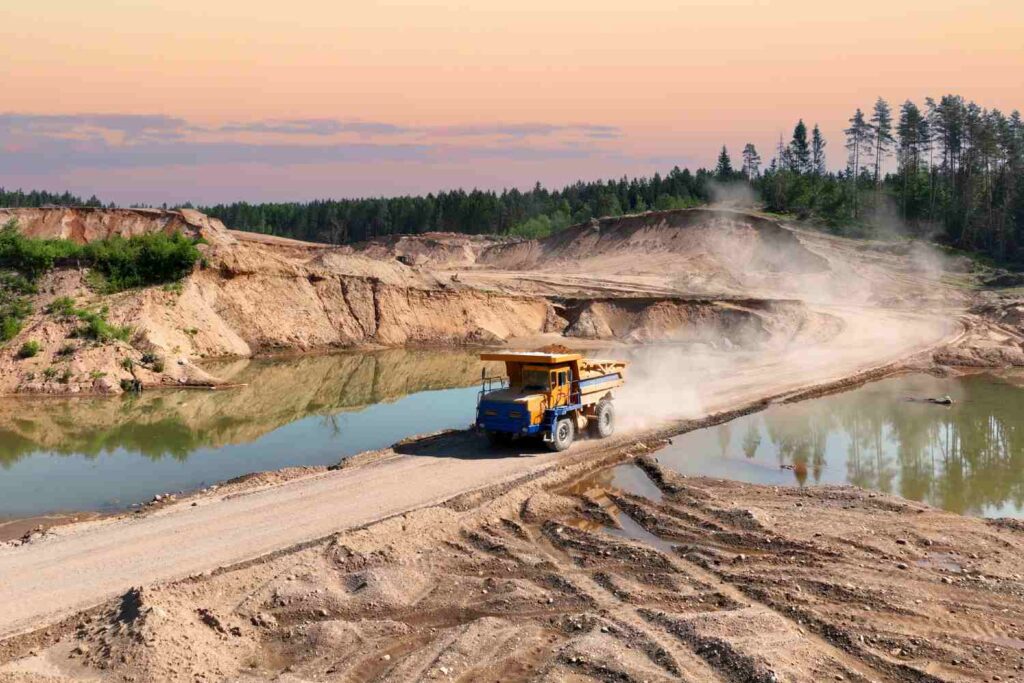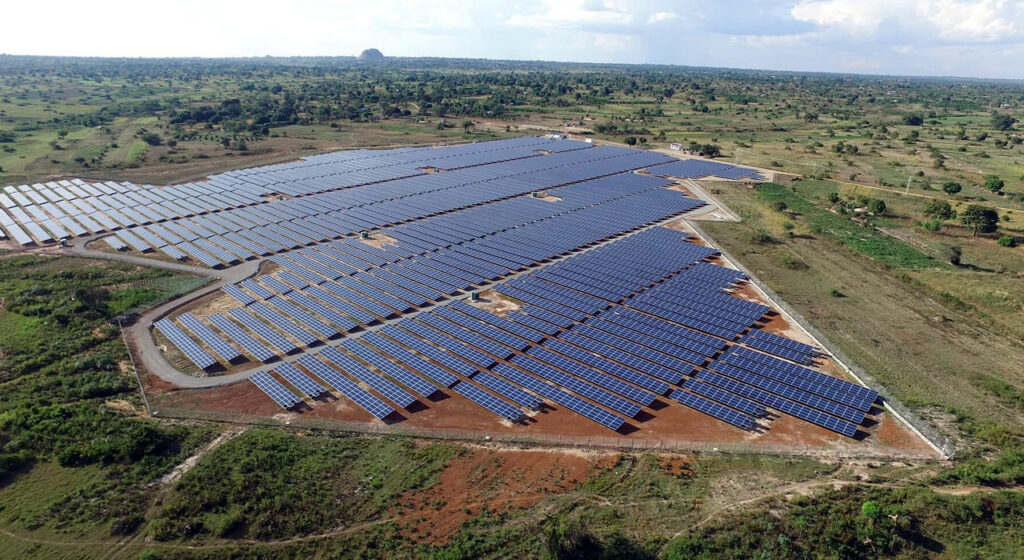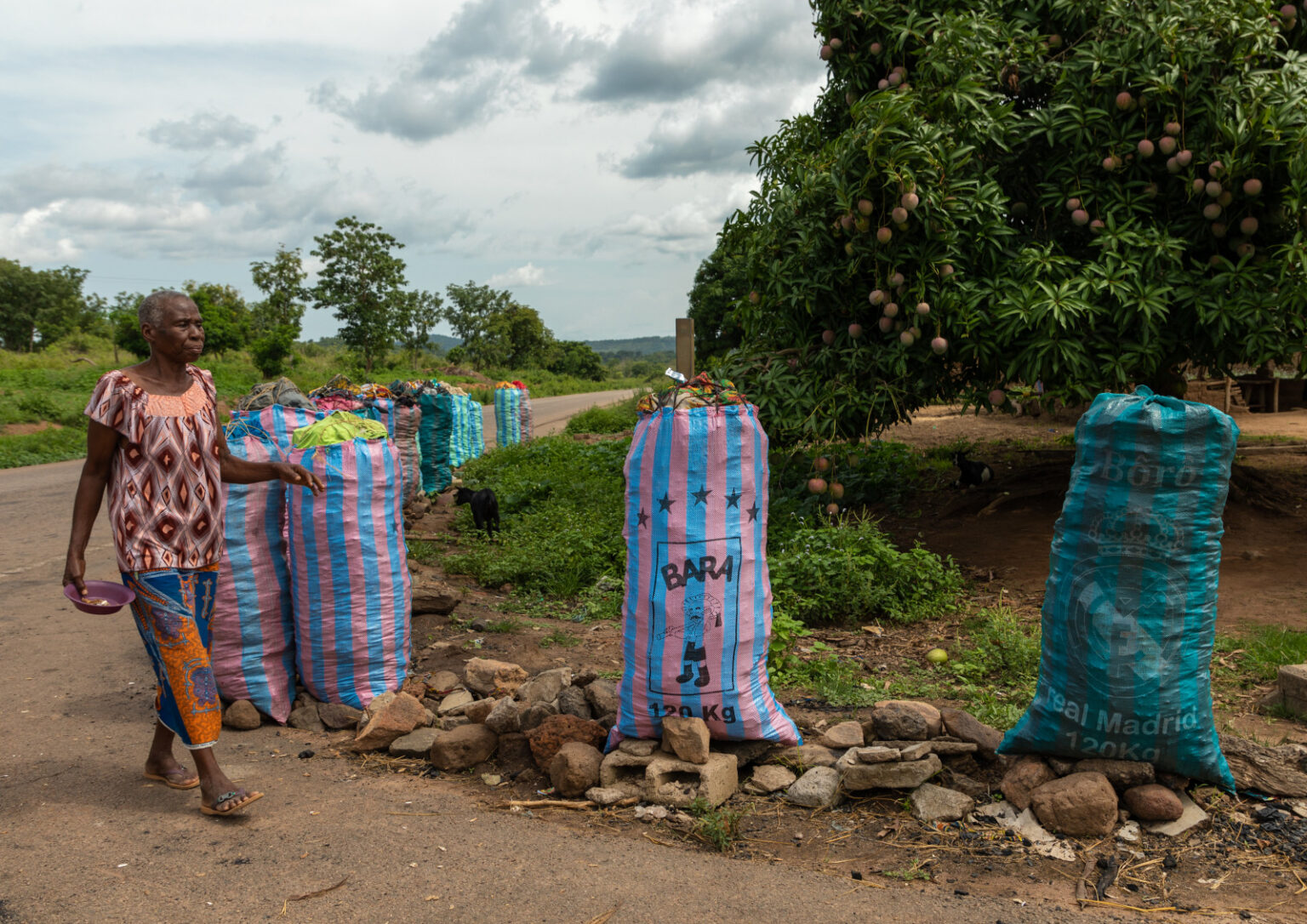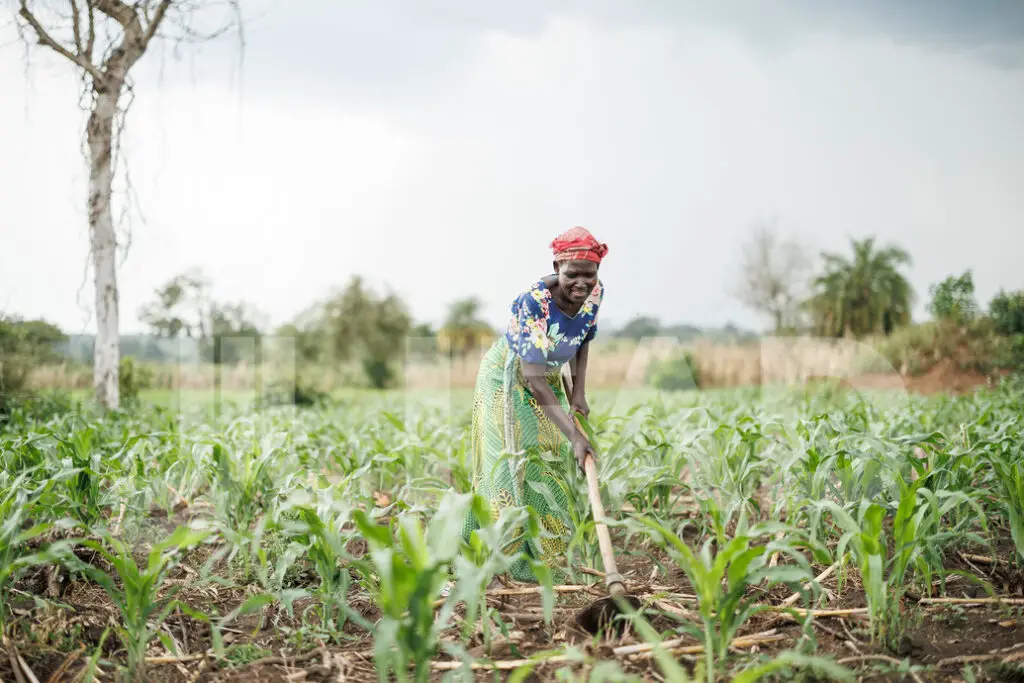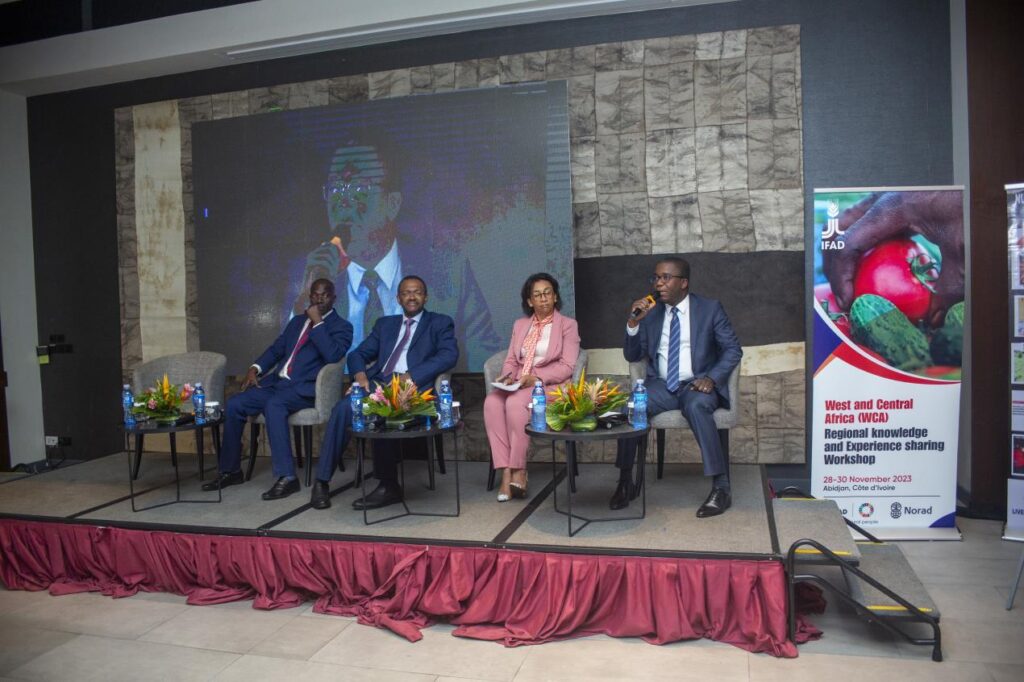- Pullman Hotel Nairobi: French hospitality firm Accor to Open 1st Premium Brand in Kenya
- Investors tip Abu Dhabi as the next tech powerhouse globally
- Unlocking global investment: insights from the ministerial roundtable at AIM Congress 2024
- UN Tourism empowers women entrepreneurs at AIM 2024
- Kenya’s business conditions stabilised in April but heavy rains a concern for Q2
- Floods Sweep Away Billions in Economic Gains in Kenya and Tanzania
- Chapa Founder’s insight: Africa’s startup evolution mirrors China’s growth trajectory
- Sustainable solutions: AIM Congress 2024 focuses on agriculture, health and investment
Author: Padili Mikomangwa
Padili Mikomangwa is an environmentalist based in Tanzania. . He is passionate about helping communities be aware of critical issues cutting across, environmental economics and natural resources management. He holds a bachelors degree in Geography and Environmental Studies from University of Dar es Salaam, Tanzania.
- The Tanzania Electric Supply Company (Tanesco) is currently implementing almost ten hours of power rationing across the country.
- Tanzanian President Samia Suluhu Hassan has instructed the Tanesco chief to resolve the power rationing issue within six months.
- The country’s electricity grid is facing a shortage of 400 megawatts due to low water flow and maintenance issues.
Dear customer, please find today’s schedule for power rationing. This message has become all too familiar to millions of Tanzanians every morning, depressing news that now servs as a wake-up alarm from utility Tanzania Electric Supply Company (Tanesco).
Currently, power cuts in Tanzania, specifically in the commercial pulse, Dar es Salaam, range from 6 to 12 hours throughout the week, across various districts, including uprise sections.
The message comes as a shock not only to me but also to many Tanzanians as power cuts take a new toll in the nation with abundant alternative …
- Sports industry in Africa is expected to grow by 8 percent in 3 to 5 years according to advisory giant PwC
- Currently, milions of Africans, including businesses based in the continent that have pumped millions into the tournament, are following the TotalEnergies CAF AFCON 2023 finals in Ivory Coast.
- In 2021, Cameroon invested over $800 million in preparations for that year’s AFCON finals.
The 2021 African football continental showpiece—Cup of Nations (AFCON)—saw Cameroon attract millions of spectators both physically and virtually, a scenario that is music to the ears of sponsors. This further fortifies the fact that sports in Africa have the potential to generate billions of dollars.
Fast forward to 2030, Morocco is poised to become the second African country to ever stage a World Cup after South Africa in 2010, marking a historic step in African football and the business value chain that comes with the sport.
In …
- Indonesia has agreed to support Tanzania in developing its agriculture industry through funding and training at the Farmers Agriculture and Rural Training Centre in Morogoro.
- Additionally, Indonesia, which also has a thriving pharmaceutical industry, will invest in Tanzania through its pharmaceutical companies.
- As part of this expanding collaboration, the Diplomatic Schools of Tanzania and Indonesia have agreed to exchange students and professors.
A mutually beneficial trade and investment partnership is blossoming between Tanzania and Indonesia. At the centre of this strengthening alliance, the two nations are building bridges and targeting investments in key sectors such as agriculture, minerals, marine resources, the economy, education, diplomatic relations, technology, and trade.
Last week, President Samia Suluhu Hassan made a state visit to the Oceania nation, a move aimed at enhancing bilateral relations and forging new economic partnerships between Tanzania and Indonesia.
President Suluhu’s visit, which took place from January 24 to 26, forged …
- The 2024 Henley Passport Index has revealed that African passports still pull teeth in global mobility powerplay, failing to reach the top ten or at least the top fifteen of the annual index.
- In contrast, oil-rich UAE has added 106 destinations to its visa-free score over the past decade.
- Overall, the average number of destinations travelers can access visa-free has nearly doubled from 58 in 2006 to 111 in 2024.
The 2024 Henley Passport Index has been released, and the passport power ranking has exposed several interesting issues, including the ascent of unprecedented nations to the top.
Despite massive investments in the aviation and inter-regional ground transport infrastructure sector by African governments such as Tanzania, Kenya, Rwanda, and Ethiopia, African countries still struggle to make it into the top ten or at least the top fifteen of the annual index.
On the other side of the aisle, the United Arab …
- This is the first critical raw materials agreement between the European Investment Bank (EIB), the world’s largest international public bank, and an African partner.
- The collaboration aims to address the growing global demand for critical raw materials, including base metals, battery materials, and rare earths.
- EIB Global technical and financing teams will increase cooperation with critical raw material partners to explore new investment opportunities in Rwanda.
In a first of its kind in Africa, Rwanda has entered into a partnership with the European Investment Bank (EIB), aiming to enhance the country’s investments in the critical raw material supply chain and boost recycling.
Notably, this agreement marks the first critical raw materials collaboration between the European Investment Bank, the world’s largest international public bank, and an African country.
The alliance between the EIB and Rwanda signifies a collective effort to promote sustainable development, strengthen the country’s economic ties with Europe, and …
- Grant-backed initiatives will boost subsidized access to clean, affordable solar energy for off-grid homes and businesses in Uganda.
- The funds will be used to subsidize the prices of essential clean energy solutions such as clean cookstoves, Solar Home Systems, and solar lanterns.
- More than 58 per cent of Uganda’s population, or over 18 million people, live without access to electricity.
d.light, a global provider of household solar products and affordable financing solutions for low-income households, is actively engaging in new grant-funded initiatives supported by the Ugandan Government.
The objective of these initiatives is to expand access to clean and affordable solar energy for homes, businesses, and public institutions in Uganda that currently lack reliable energy access. This concerted effort aligns with the country’s broader goals of sustainability and energy inclusivity.
With a total value of US$148M, the grants serve as crucial financial support for the green energy company endeavors. The …
- In place of resolve to take responsibility for per capita emissions, polluting nations are instead pivoting towards carbon offsets to’ cancel out’ industrialised world emissions.
- Carbon markets stand to become a new economic mechanism promoting energy security in Africa.
- Africa’s forests absorb 600 million tons of CO2 yearly, more than any forest ecosystem on Earth.
Africa should become the global centre for high-value, high-integrity carbon credits, AFC says; Wholesale leases or sale of land undervalue Africa’s forestry while enabling polluters: AFC paper; AFC Foundation to prioritise conservation and regeneration of African carbon sinks through local capacity building.
At a critical moment in the fight against climate change, the world is squandering a significant opportunity by neglecting Earth’s most important natural carbon repositories – Africa’s forests, grasslands, peatlands and mangroves.
Carbon offsets market not delivering
The global carbon markets offer a pragmatic way to improve this course, with scope to attract …
- Creating climate-resilient farmers to address climate change has become urgent.
- Access to finance is essential to sustain and improve the agricultural livelihoods that vulnerable rural communities rely upon.
- Supporting small and medium-sized enterprises in rural areas supports increased employment, income, and services to rural communities.
East Africa is frequently impacted by food shortages and clusters of hunger due to complex mix of factors including unstable social and political environments, macroeconomic imbalances in trade and climate change.
Floods, pests, diseases are just a number of challenges hindering farmers in East Africa who rely on rainfed agriculture.
Not only these farmers are significantly limited by their marginalized conditions but also their lower capacity to adapt.
Climate change is another problem the world and this case Africa faces. It impacts the way struggling farmers navigate through crop failure and profitable market limitation.
Following the recent release of data confirming a sharp global …
- IFAD together with governments, partners and stakeholders are exploring solutions to optimize the contribution of agriculture to nutrition in food systems.
- Africa still experiences a malnutrition burden among children aged under 5 years.
- The continent’s food security challenges are compounded by the war in Ukraine, by supply chain shortages, conflict, and drought.
A regional knowledge and experience-sharing workshop that addresses nutrition, rural development and food system transformation began today in Abidjan, Côte d’Ivoire. Improving food and nutrition security in West and Central Africa (WCA) is crucial. It is estimated that 29.8 per cent of the population of West Africa and 13.9 per cent of the population of Central Africa are undernourished.
For three days, representatives of rural development projects co-financed by the International Fund for Agricultural Development (IFAD) together with governments, partners and other stakeholders will explore solutions to optimize the contribution of agriculture to nutrition in the context …
- For African universities, governments and businesses, 5G Tech Spaces are part of the solution to enable Africa to leapfrog with clean innovation.
- Africa’s climate finance inflows remain very low, at 3 percent of global climate finance.
- The continent requires as much as $2.8 trillion through 2030 to implement its climate commitments.
Africa’s most renowned universities are keen to be at the forefront of Research, Innovation and Outreach (RIO) of technologies, products, services and operating models that reduce CO2 emissions and help attain Net Zero Emissions (NZE).
To achieve this, the gap between rhetoric and action needs to be reduced, if we are to have a fighting chance of reaching Net Zero by 2050 and capping the rise in global temperature at 1.5 °C in full attainment of the Paris Agreement.
Africa produces only about 4 percent of the world’s emissions, but is disproportionately vulnerable to the impact of climate change. …

